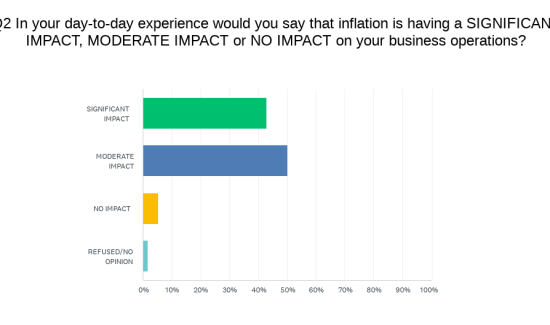Standardized Test Scores Released – After the Election

By Beth Ann Rosica
The Pennsylvania Department of Education conveniently published the state standardized test scores on November 8, one day after the election. And while the newly appointed Secretary of Education attempted to frame the scores as positive, the results are nothing short of abysmal.
Statewide, just over half of students in grades three to eight are proficient in English Language Arts. Stated another way, almost half of our elementary and middle school students are not reading proficiently.
Math scores are even worse. At best, less than 52 percent of third graders are proficient in math. And the scores only decrease from there. Only 46.5 percent of fourth graders are proficient, 42.8 percent of fifth graders, 36.5 percent of sixth graders, 33.2 percent of seventh graders, and 26.1 percent of eighth graders are proficient.
Maybe the most startling fact is that math scores are decreasing every year as students advance grades.
The former superintendent of Lower Merion School District and now Secretary of Education, Dr. Khalid N. Mumin said that he was pleased with student progress. “This year’s assessment results underscore what we have said before — that with each passing year, participation and achievement will continue to improve.”
The press release further elaborated on the gains made during the 2022-2023 school year, noting that “English Language Arts proficiency increasing from 54.1 percent in 21-22 to 54.5 percent in 22-23, Math increasing from 35.7 percent in 21-22 to 38.3 percent in 22-23, and Science increasing from 54.4 percent in 21-22 to 58.9 percent.”
The fact that only 26 percent of eighth grade students are proficient in math and only half of elementary students are reading proficiently should be headline news. And why wait until November 8 to publish these results?
“The results of the 2022-23 statewide assessments – which include not only Pennsylvania System of School Assessment (PSSA), but also Pennsylvania Alternate System of Assessment (PASA) and Keystone Exams – were published on November 8 to align with the State Board of Education’s meeting on the same date. The date of an election is not a factor,” a spokesperson for the Department of Education said.
The department further stated that last year’s PSSA results were published on November 28, 2022. “Assessment results are usually posted in November. This time frame allows PDE to properly collect, review, and publish the data for the benefit of schools, families, and all Pennsylvanians.”
Regardless of the department’s response, the timing of the publication and the State Board of Education meeting date is certainly inconvenient to any voter who would want the most up-to-date data on their district before voting on its leadership.
Beyond the timing of the publication, the overall results are concerning. And while individual districts will vary, the bottom line is that public schools are failing the majority of our students.
In a press release, Mumin said, “Pennsylvania’s results are well on their way to returning to pre-pandemic rates and we look forward to helping our students exceed those levels in the years ahead.”
The problem is that prior to 2020, the test scores were not much better. While those in charge want to blame extended school closures for the low scores, the PSSA (Pennsylvania System of School Assessment) results have been poor for quite some time.
Back in 2018 and 2019, only 60 percent of all elementary and middle school students were proficient in reading. For the same time period, math proficiency ranged from 31 to 56 percent. While the scores did decrease during school closures, they were already sub-par prior to covid.
At the very least, the state should have announced the scores prior to the election. Voters have a right to know the facts before they cast a ballot. The state legislature should consider a change in the law to require it. Maybe if taxpayers had known the facts about the low return on their tax dollar investment, they would have voted differently.
Beth Ann Rosica resides in West Chester, has a Ph.D. in Education, and has dedicated her career to advocating on behalf of at-risk children and families. She covers education issues for Broad + Liberty. Contact her at [email protected].





